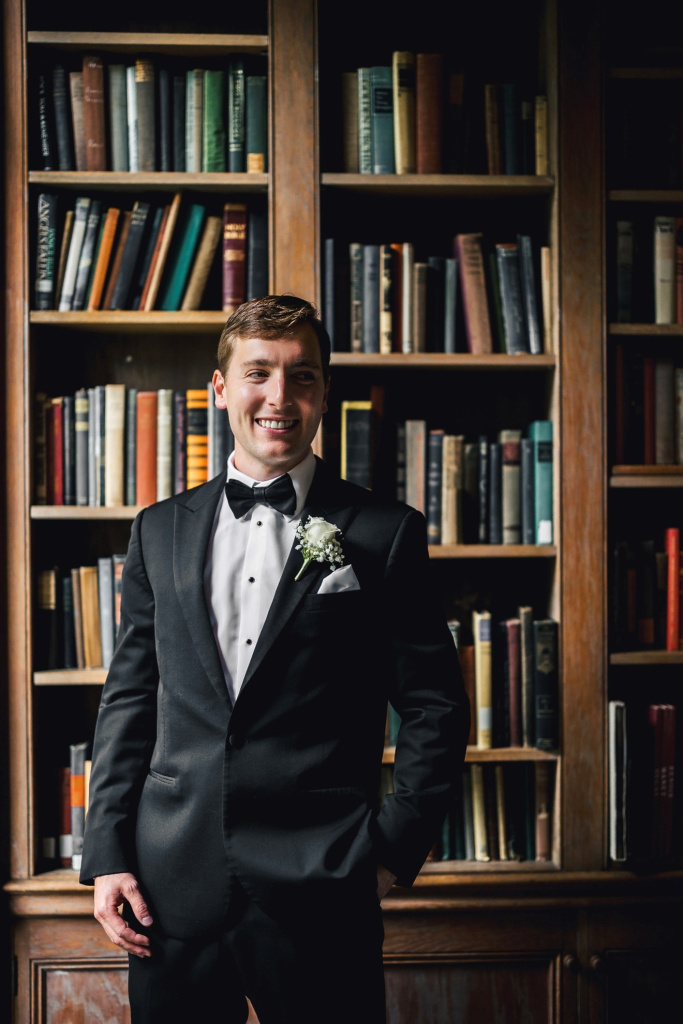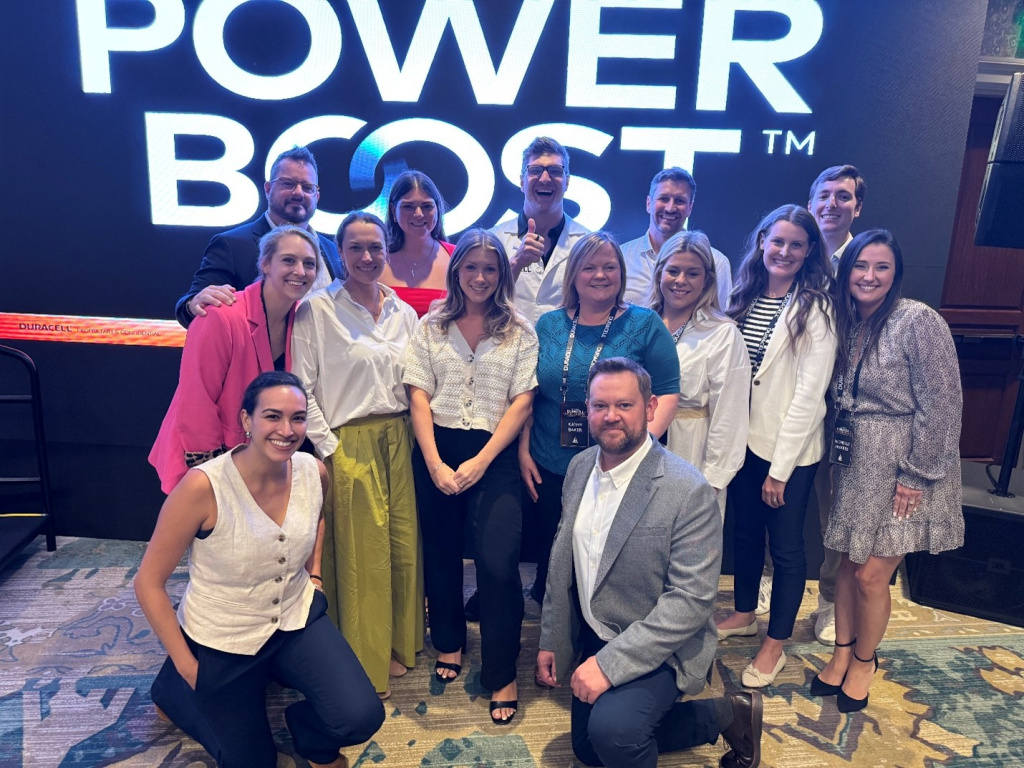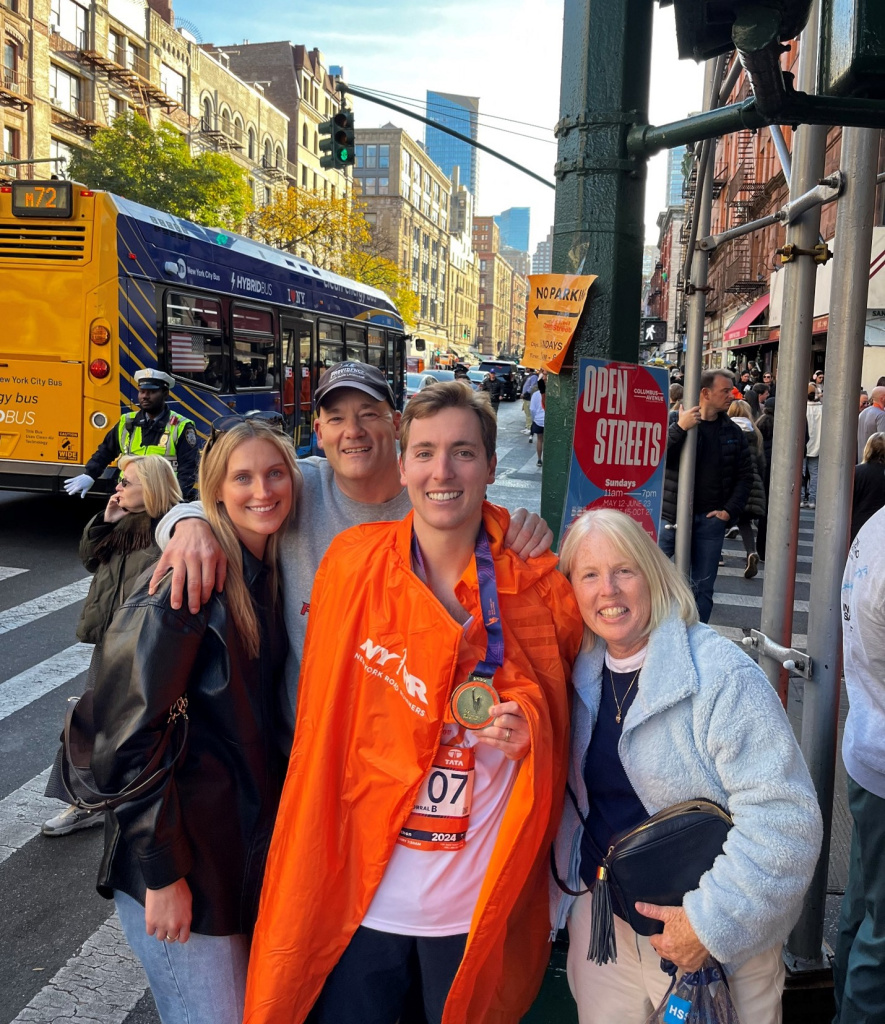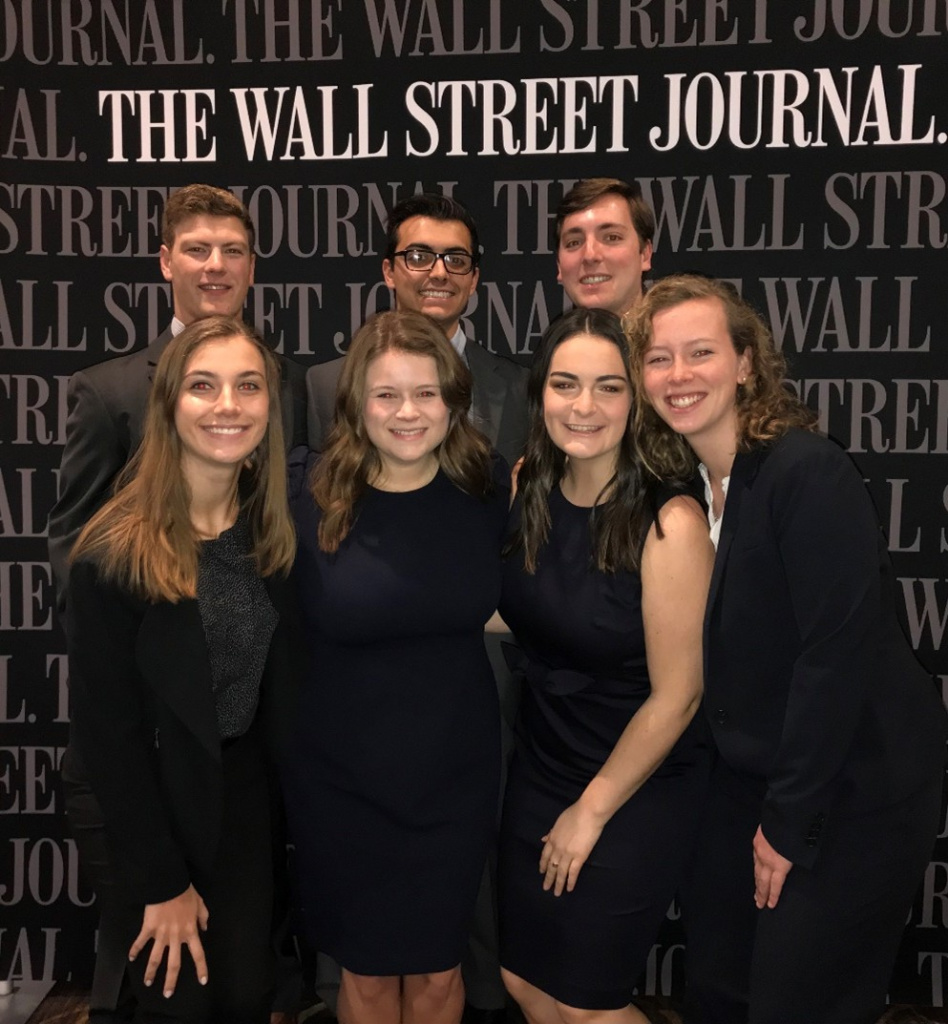30Under30 Honouree: Connor Rocco

Great to hear from 30 Under 30 Honouree Connor Rocco who is a consumer insights leader at Duracell. Connor has over 8 years experience helping leading brands understand human behaviour and make data-driven decisions that drive growth. Connor is particularly passionate about connecting timeless human truths, motivations and behavioural economics to modern marketing challenges.

How did you get into the industry and reach this point?
I’ve always been fascinated by the “why” behind consumer behaviour. During college, I thoroughly enjoyed my marketing, statistics and liberal arts classes. I was fortunate to land insights internships at a qualitative research agency and at Hasbro, which helped me fall in love with market research. I started my full-time career on the agency side at Kantar, learning the ins and outs across different industries and project types. From there, I moved client side to the Boston Beer Company and then on to Duracell, where I’ve really loved leaning into a brand builder’s mindset. For me, it’s all about blending curiosity about people with the drive to grow businesses.

Why should someone consider a career in market research, data and insights?
If you have an innate curiosity about human behaviour and a drive to understand why people do what they do, this field is incredibly rewarding. It’s ideal for anyone who’s constantly asking questions, looking for patterns and seeking to make things better. Market research lets you combine that curiosity with real business impact, using data to inform smarter decisions and drive meaningful change. If you love digging into the “why” and turning those answers into action, you’ll thrive in this industry.

Career paths are rarely without challenges. Can you share a moment from your career when things didn’t go to plan, but the lessons learned remain with you to this day?
I was running in-person focus groups for a user experience study on a tight deadline. After the first few sessions, it became clear that many participants didn’t meet our screening criteria. They were giving nonsensical responses and had clearly misrepresented themselves just to collect an incentive.

With the project in jeopardy, we had to think fast. We added an impromptu verbal screening at the facility, reading body language and assessing credibility in real time. We identified about half the group as legitimate and decided to move forward with that quality sample rather than scrapping the entire study.
That experience taught me the value of adaptability and decisive action under pressure. Research isn’t about ideal conditions. It’s about maintaining rigour while being resourceful when circumstances change. Sometimes the smartest move is focusing on quality over quantity and making the best decision with what you have.
What two things should junior researchers focus on as they progress in their careers?
First, attention to detail. This industry is both an art and a science, and precision is the foundation of the science part. Everything from sample composition and data cleaning to statistical analysis and reporting needs to be accurate. Brands make significant decisions based on your work, so getting the details right is mandatory.

Second, develop a brand builder’s mindset. Put yourself in the shoes of the decision maker who will use your insights. This is especially important when you work on the agency side, where it’s possible to feel disconnected from the actual business. When you’re designing a study or analysing data, ask yourself how someone will use this information to make decisions. Let that perspective guide your work from start to finish. It will elevate both the quality and impact of what you deliver. If you move client side, this becomes even more critical. Develop a knack for anticipating the questions your stakeholders will ask and think about their back-of-mind concerns as you shape your research.

Do you have any advice for our sector?
Champion the human. That’s what our function is fundamentally designed to do, and when we do it well, we’re at our best. This means ensuring we’re capturing authentic voices at every stage, from who we recruit to how we bring their truth to life in our insights and recommendations.
As technology advances and AI becomes more prevalent, there’s a temptation to lean on synthetic data or assume we can find all the answers in what already exists. But real human connection has never been more critical. Many companies claim to be customer first, yet that commitment is increasingly at risk. Our role is to keep organisations grounded in the reality of the people who choose their brands every day.
The more we truly understand people on a fundamental level, the more impactful, respected and influential our work will be. And honestly, I think it’s what makes this work fulfilling.

Is there anyone who has helped or supported you in your career who you’d like to acknowledge or thank?
I’ve been fortunate to have so many people invest in my growth. Providence College’s curriculum and passionate professors helped set the foundation. Todd Hoskins and Rebecca Strott gave me my first real start in a wonderful internship experience. Christine O’Connor, Justin Kauffman, Shara Dube, Ramya Parameswaran and Jackie Fradin, at Hasbro, helped me fall in love with the industry. At Kantar, mentors like Alexandra Berg, Daniel Erichson and Heidi Schillinger (plus so many more) taught me the craft. Lauren Marshall, Chad Hazen, Julie Messer, Sydney Lerda and Emily Novak, at the Boston Beer Company, pushed me to grow as a brand builder. And, at Duracell, Rosanna Kays, Tony Cummins and Lauren Delaney Wallace continue to challenge and support me every day. I’m grateful to everyone who’s taken the time to guide me along the way. It takes a village!